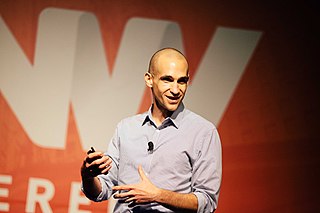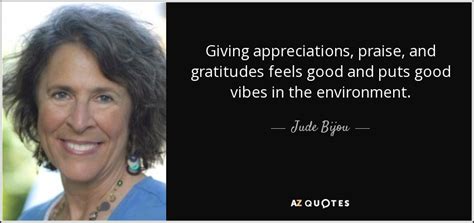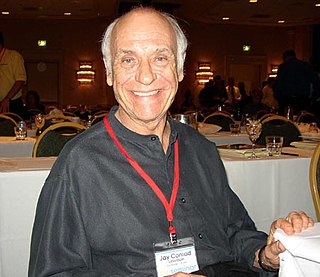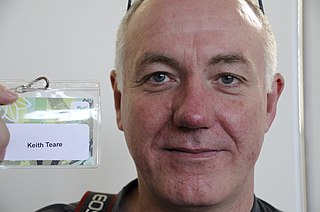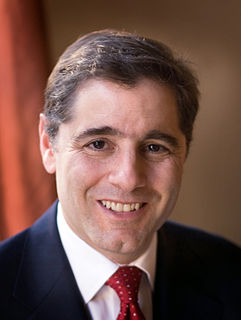A Quote by Nir Eyal
Instead of relying on expensive marketing, habit-forming companies link their services to the users' daily routines and emotions.
Related Quotes
Over the past 60 years, marketing has moved from being product-centric (Marketing 1.0) to being consumer-centric (Marketing 2.0). Today we see marketing as transforming once again in response to the new dynamics in the environment. We see companies expanding their focus from products to consumers to humankind issues. Marketing 3.0 is the stage when companies shift from consumer-centricity to human-centricity and where profitability is balanced with corporate responsibility.
One thing the humanitarian world doesn't do well is marketing. As a journalist, I get pitched every day by companies that have new products. Meanwhile, you have issues like clean water, literacy for girls, female empowerment. People flinch at the idea of marketing these because marketing sounds like something only companies do.
Spirit discernment is rare because it is expensive. It means a sensitive conscience, an instructed understanding through study of the Book of God. It means a passion for purity, for truth, for the right, for Christ Himself, and for living uncompromisingly true in the daily habit. All this lies back of a seeing spirit eye. And these things cost. Discernment is expensive.
Everything has a personality: everything sends an emotional signal. Even where this was not the intention of the designer, the people who view the website infer personalities and experience emotions. Bad websites have horrible personalities and instill horrid emotional states in their users, usually unwittingly. We need to design things-products, websites, services-to convey whatever personality and emotions are desired.
